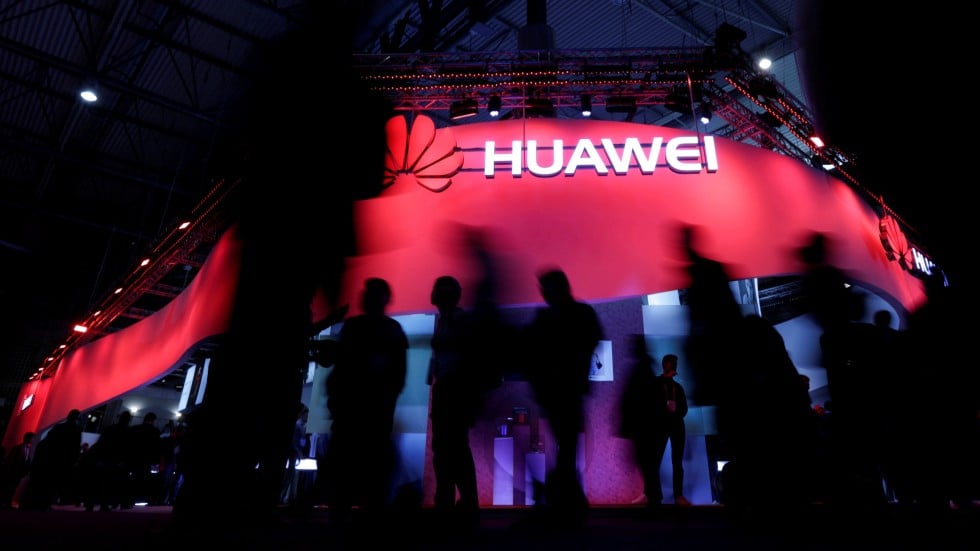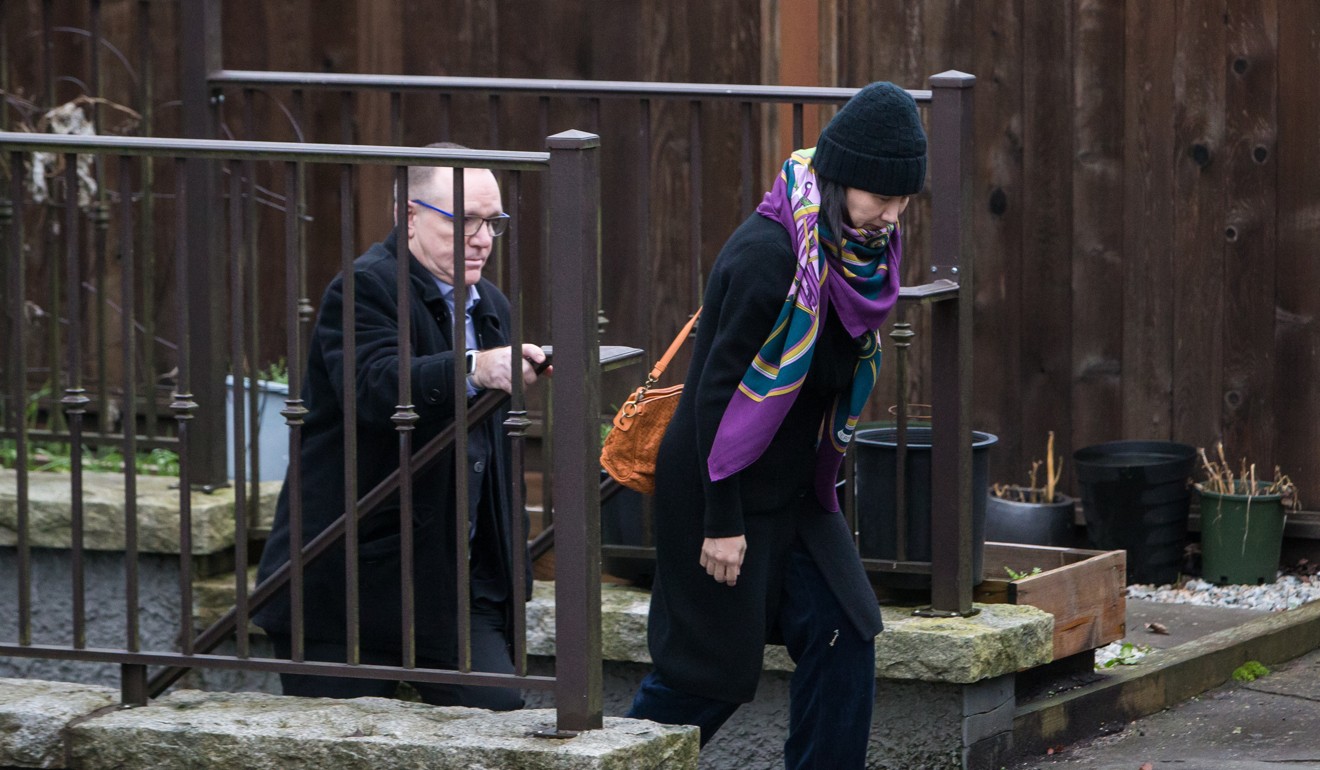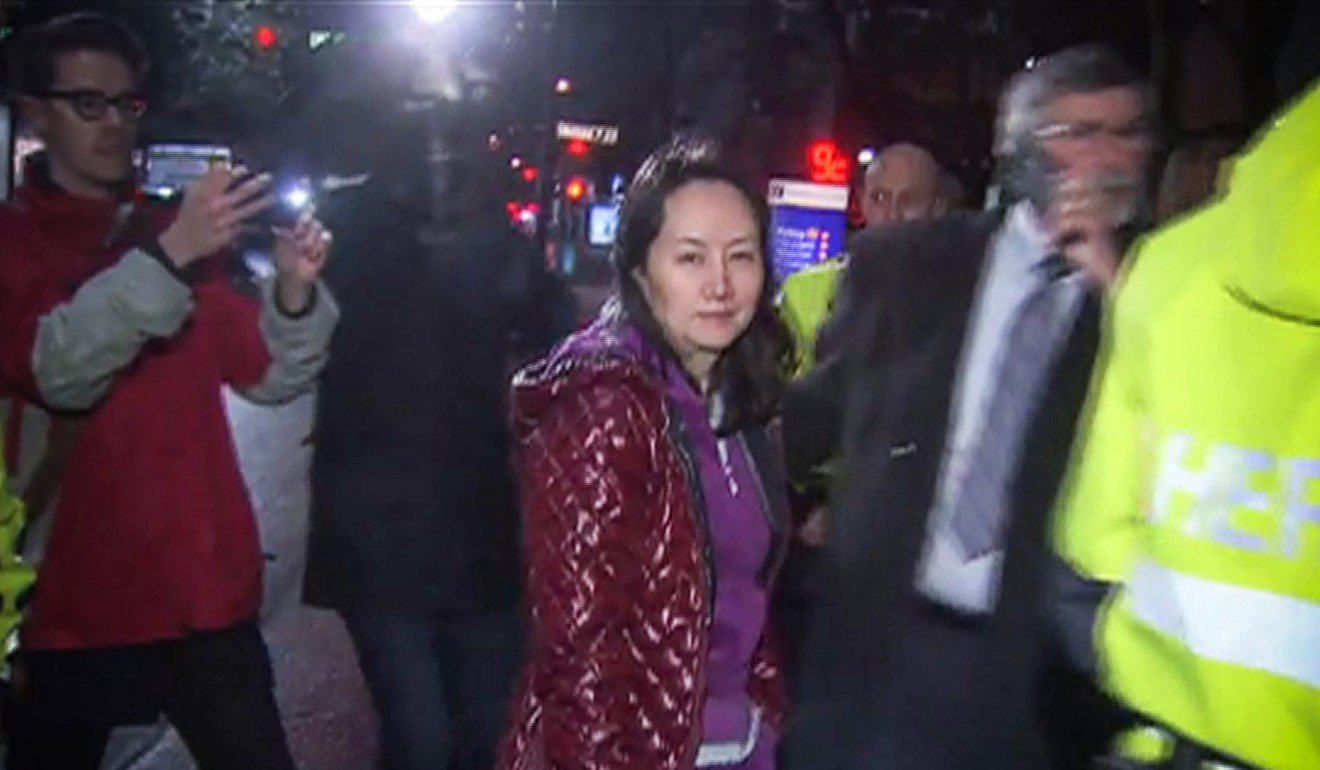By spying on Huawei, U.S. found evidence against the rogue firm
By Brendan Pierson, Karen Freifeld
NEW YORK -- U.S. authorities gathered information about Huawei Technologies Co Ltd through secret surveillance that they plan to use in a case accusing the Chinese telecom equipment maker of sanctions-busting and bank fraud, prosecutors said on Thursday.
Assistant U.S. Attorney Alex Solomon said at a hearing in federal court in Brooklyn that the evidence, obtained under the U.S. Foreign Intelligence Surveillance Act (FISA), would require classified handling.
The government notified Huawei in a court filing on Thursday of its intent to use the information, saying it was “obtained or derived from electronic surveillance and physical search,” but gave no details.
The United States has been pressuring other countries to drop Huawei from their cellular networks, worried its equipment could be used by Beijing for spying.
Brian Frey, a former federal prosecutor who is not involved in the Huawei case, said FISA surveillance, which requires a warrant from a special court, is generally sought in connection with espionage.
“The reason they typically would have gotten the surveillance through a FISA court is where we suspect someone may be spying on behalf of a foreign power,” Frey said.
The U.S. government has been concerned about espionage by Huawei for years, he added.
In the Brooklyn case, Huawei and its chief financial officer, Meng Wanzhou, are accused of conspiring to defraud HSBC Holdings Plc and other banks by misrepresenting Huawei’s relationship with Skycom Tech Co Ltd, a Huawei front company that operated in Iran.
Meng was arrested in Canada in December at the request of the United States to face the charges of bank and wire fraud laid out in the indictment, which was not unsealed until January.
“The reason they typically would have gotten the surveillance through a FISA court is where we suspect someone may be spying on behalf of a foreign power,” Frey said.
The U.S. government has been concerned about espionage by Huawei for years, he added.
In the Brooklyn case, Huawei and its chief financial officer, Meng Wanzhou, are accused of conspiring to defraud HSBC Holdings Plc and other banks by misrepresenting Huawei’s relationship with Skycom Tech Co Ltd, a Huawei front company that operated in Iran.
Meng was arrested in Canada in December at the request of the United States to face the charges of bank and wire fraud laid out in the indictment, which was not unsealed until January.
Huawei last month pleaded not guilty to the 13-count indictment.
Chasen Skinner, a spokesman for the company, declined to comment on Thursday on the secret U.S. surveillance, saying the company does not comment on pending litigation.
Huawei has said Skycom was a local business partner, but prosecutors said in their indictment against Huawei and Meng that it was an unofficial subsidiary used to conceal Huawei’s Iran business.
Huawei used Skycom to obtain embargoed U.S. goods, technology and services in Iran, and to move money via the international banking system.
Huawei has said Skycom was a local business partner, but prosecutors said in their indictment against Huawei and Meng that it was an unofficial subsidiary used to conceal Huawei’s Iran business.
Huawei used Skycom to obtain embargoed U.S. goods, technology and services in Iran, and to move money via the international banking system.
The charges against the company include violating U.S. sanctions on Iran.
Last month, Reuters detailed how U.S. authorities secretly tracked Huawei’s activities by collecting information copied from electronic devices carried by Chinese telecom executives traveling through airports.
Reuters also broke news of the bank fraud charges in December and exclusively reported in February how an internal HSBC probe helped lead to the charges against Huawei and Meng.
The U.S. sanctions investigation was spurred by Reuters reports over six years ago that Skycom offered to sell embargoed Hewlett-Packard computer equipment to Iran's largest mobile-phone operator and detailed the close ties between Huawei and Skycom. (reut.rs/2sUq8RT here)
Trump told Reuters in December that he would intervene in the case if it helped secure a trade deal with China.
Last month, Reuters detailed how U.S. authorities secretly tracked Huawei’s activities by collecting information copied from electronic devices carried by Chinese telecom executives traveling through airports.
Reuters also broke news of the bank fraud charges in December and exclusively reported in February how an internal HSBC probe helped lead to the charges against Huawei and Meng.
The U.S. sanctions investigation was spurred by Reuters reports over six years ago that Skycom offered to sell embargoed Hewlett-Packard computer equipment to Iran's largest mobile-phone operator and detailed the close ties between Huawei and Skycom. (reut.rs/2sUq8RT here)
Trump told Reuters in December that he would intervene in the case if it helped secure a trade deal with China.
The next court date in the Brooklyn case is set for June 19.


